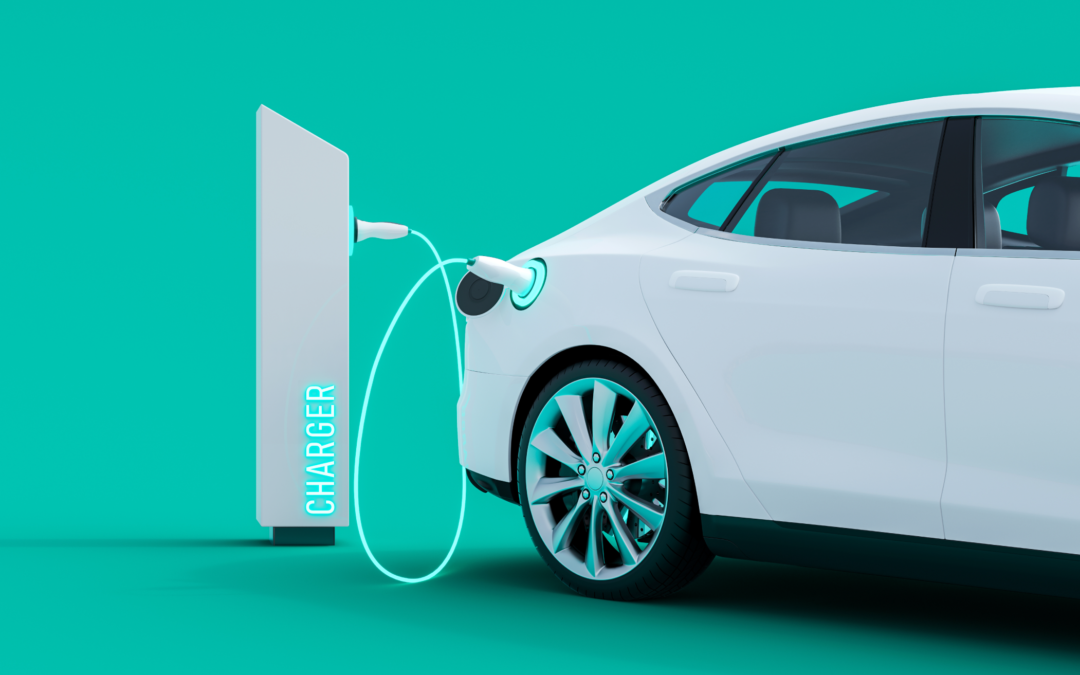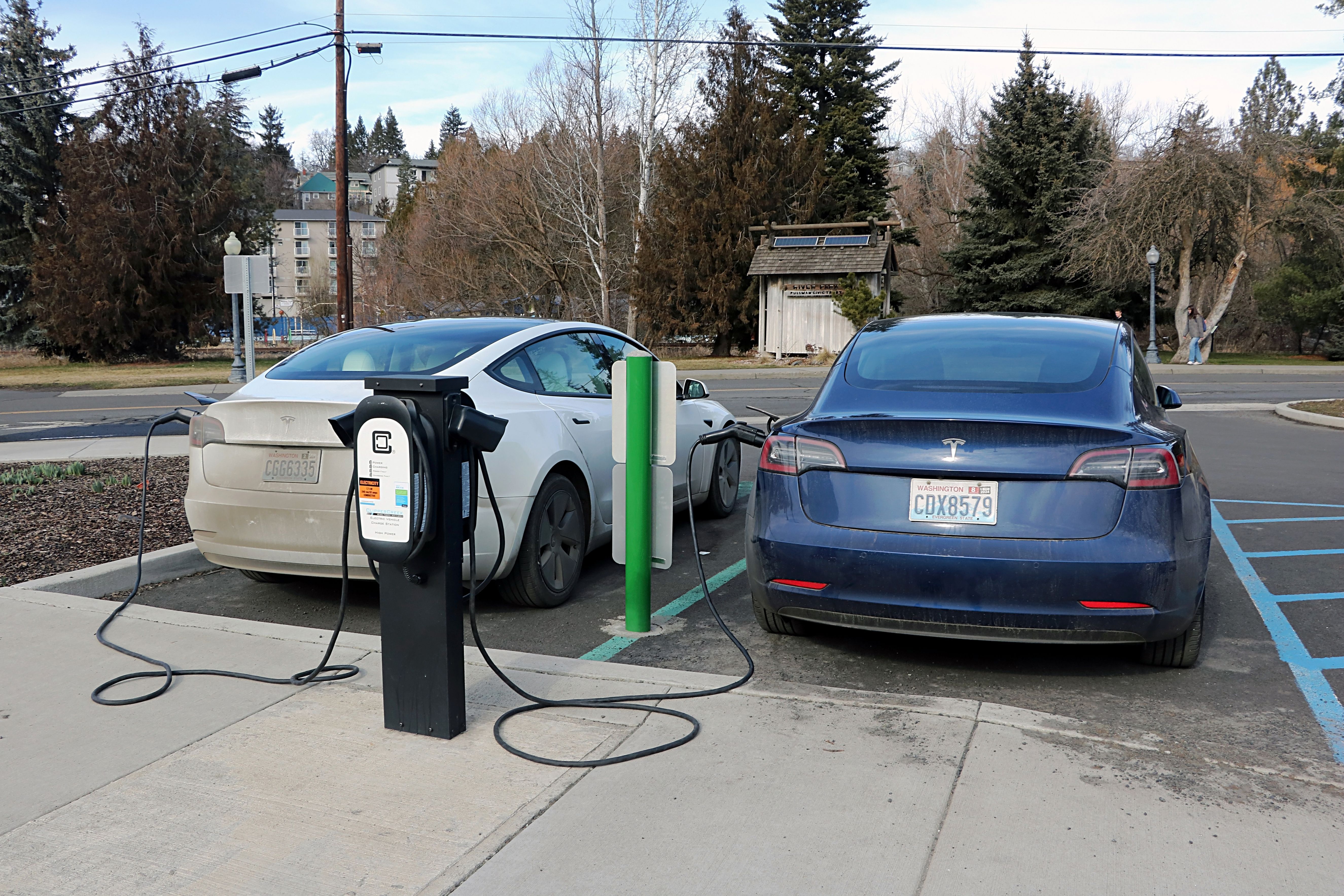New Dope in EV Charging: Exactly How the Industry Is Advancing to Fulfill Demand
As the electrical automobile (EV) market remains to increase, the billing infrastructure is undertaking considerable transformations to resolve the rising demand. Secret advancements in ultra-fast charging technologies, coupled with smart grid integration, are improving the landscape. Moreover, technologies in battery modern technology promise boosted performance and sustainability. The pursuit of international charging criteria remains a critical variable in enabling seamless customer experiences and extensive fostering. The ramifications of these innovations increase important concerns about the future of EV charging and its function in the broader power ecological community.
Development of Billing Facilities
The rapid growth of electric vehicle (EV) charging infrastructure is an essential component in helping with the prevalent fostering of electrical flexibility. As governments, personal business, and customers progressively identify the importance of decreasing carbon discharges, financial investments in charging networks have risen. This framework development is necessary to ease array anxiety, guaranteeing that EV individuals have practical accessibility to billing terminals.
Considerable improvements in charging station technology and deployment strategies have actually arised. Urban locations are seeing an expansion of public charging stations, while country areas are gradually being incorporated right into the billing network. Additionally, collaborations in between vehicle makers and charging suppliers are ending up being a lot more typical, promoting the establishment of extensive networks that enhance user experience and accessibility.
In addition, the assimilation of eco-friendly energy resources into billing stations is obtaining energy, promoting sustainability in the EV ecological community. This shift not only supports ecological goals but additionally lines up with the climbing demand for green power solutions amongst consumers.
Ultra-Fast Charging Technologies
Ultra-fast billing technologies stand for a significant leap onward in the EV charging landscape, making it possible for electric automobiles to recharge in a portion of the moment compared to standard charging techniques. These technologies normally deliver power levels surpassing 150 kW, with some systems getting to up to 350 kW or more, considerably lowering charging times to just 15-30 minutes for a considerable cost.
Key allowing modern technologies include developments in battery chemistry, power electronic devices, and thermal management systems. For circumstances, high-capacity batteries with boosted thermal stability permit for faster billing without overheating. In addition, growths accountable facilities, such as liquid-cooled cords and modular charging stations, assist in reliable power transfer, boosting the total user experience
Major automobile makers and modern technology firms are actively buying ultra-fast charging networks, recognizing the vital function they play in overcoming range anxiety and accelerating the adoption of electric cars. As these innovations come to be extra extensively readily available, the EV market is anticipated to witness significant growth, making electric mobility a more attractive option for customers. Overall, ultra-fast charging technologies are critical fit the future of lasting transport, leading the means for a more considerable and reliable charging ecosystem.
Smart Grid Integration

With demand action approaches, clever grid systems can readjust billing timetables based upon grid problems and electricity pricing. Throughout durations of high need, billing can be delayed to off-peak hours, resulting in reduced expenses for consumers and decreased strain on the grid. In addition, vehicle-to-grid (V2G) modern technologies make it possible for EVs to release energy back into the grid, enhancing and giving supplementary services grid security.
Integration with renewable power sources further enhances the sustainability of EV charging. By aligning billing activities with durations of high solar or wind generation, wise grids promote a greener billing infrastructure. Inevitably, wise grid integration not just supports the expanding demand for EVs but likewise adds to an extra lasting and resilient power future, positioning the industry for lasting success.
Battery Technologies
In the middle of the rapid development of electric vehicles (EVs), battery technologies stand at the leading edge, driving improvements in sustainability, performance, and efficiency. As the demand for EVs surges, makers and researchers are concentrating on boosting battery technologies to attend to challenges such as variety anxiousness and charging times.
Lithium-ion batteries stay one of the most extensively used technology, yet new products and chemistries are arising to boost energy density and durability. Solid-state batteries, for circumstances, assure better power storage space ability and boosted safety and security by changing fluid electrolytes with strong ones. This change can dramatically reduce the risk of fire and increase the lifespan of batteries.
Furthermore, developments in battery recycling processes are essential for sustainability. Companies are developing methods to recoup beneficial products like lithium, cobalt, and nickel from utilized batteries, promoting a circular economic climate and decreasing environmental impact.

Global Charging Standards

Initiatives are underway to establish international charging requirements that facilitate compatibility among different EV models and billing stations. Organizations such as the International Electrotechnical Commission (IEC) and the Society of Automotive Engineers (SAE) are working collaboratively with vehicle suppliers and power service providers to produce detailed standards. EV Charging news. These criteria purpose to simplify the billing procedure, lower the demand for numerous adapters, official source and boost customer experience
In addition, standardization can significantly bolster the expansion of the charging network, as it urges financial investment by making framework growth extra efficient and predictable. As the EV market matures, a unified approach to billing standards will be vital for ensuring that customers can bill their automobiles easily and dependably, thus supporting the more comprehensive change to lasting transportation.
Conclusion
The electric lorry billing market is undergoing substantial improvement to attend to the surging need for lasting transportation. Advancements accountable facilities, ultra-fast technologies, clever grid assimilation, and ingenious battery solutions are crucial in improving user experience and functional efficiency. The pursuit of worldwide charging criteria is vital for ensuring interoperability throughout various regions and systems. Jointly, these advancements place the industry to sustain a broader fostering of electric automobiles, inevitably contributing to an extra sustainable future.
Urban areas are seeing an expansion of public billing terminals, while rural regions are slowly being incorporated right into the billing network. In addition, developments in visit here charging facilities, such as liquid-cooled wires and modular billing stations, help with effective power transfer, improving the general customer experience.
On the whole, ultra-fast charging technologies are critical in shaping the future of lasting transport, leading the method for a much more substantial and efficient charging ecosystem. - EV Charging news
By straightening billing activities with periods of high solar or wind generation, smart grids promote a greener billing infrastructure.Initiatives are underway to develop international billing requirements that assist in compatibility amongst different EV designs and charging stations.
Comments on “How to Make Smarter Decisions in EV Investments by Buying EV Charging news”